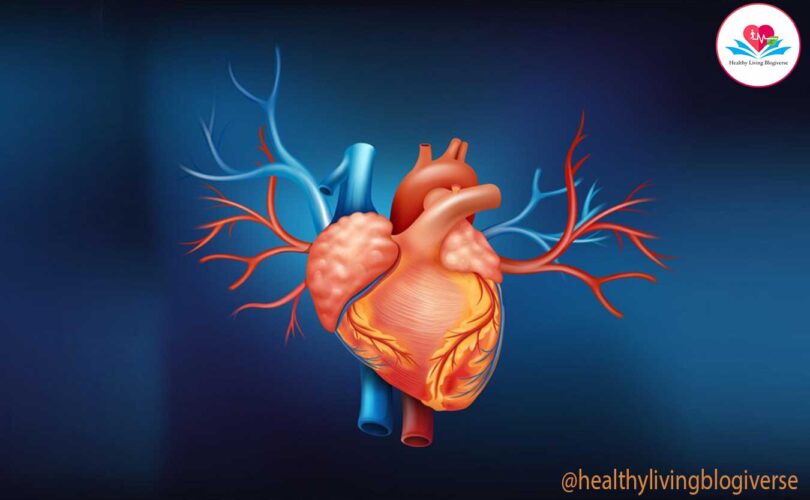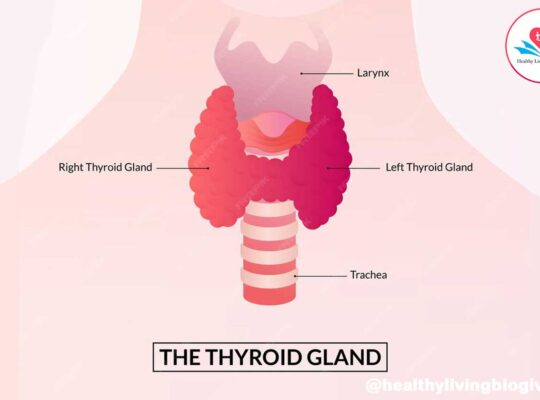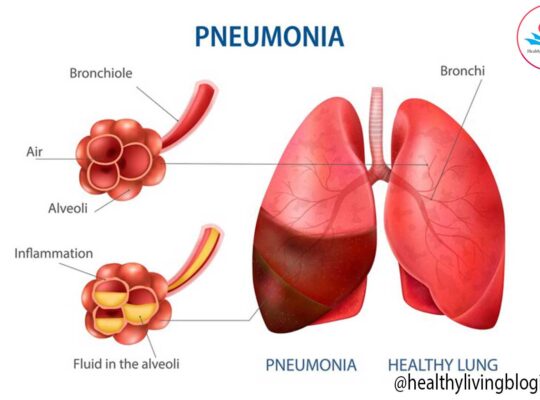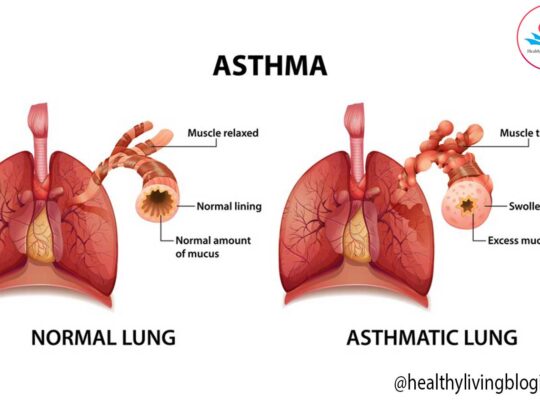A healthy heart is more than just a functioning organ; it represents the cornerstone of our overall well-being. When we talk about a healthy heart, we refer to a heart that is in its optimal state, free from any diseases or disorders. This means that it operates at its best, carrying out its crucial role of pumping blood throughout the body.
The heart plays a significant role in supporting our body’s various functions. It is responsible for supplying oxygen and vital nutrients to every organ and tissue, ensuring their proper functioning. By effectively circulating blood, the heart provides the necessary fuel for our cells to perform their tasks efficiently.
Maintaining a healthy heart is of utmost importance for several reasons. Firstly, a healthy heart ensures the proper delivery of oxygen-rich blood to all parts of the body. This oxygen is crucial for powering our muscles and enabling them to perform various activities, from simple movements to intense physical exercises.
Secondly, a healthy heart is vital for delivering essential nutrients to our organs and tissues. These nutrients are crucial for their growth, maintenance, and repair. Without a strong and well-functioning heart, there is a risk of nutrient deficiency and decreased organ function.

Moreover, a healthy heart contributes to the efficient removal of waste products and toxins from the body. During the circulation process, the heart helps carry away waste materials from different organs and tissues, ensuring their proper elimination from the body.
Lastly, a healthy heart allows us to maintain an active and vibrant lifestyle. When our heart is in good condition, we experience improved endurance, stamina, and overall physical fitness. This enables us to engage in daily activities, exercise, and even pursue our passions and hobbies.
To keep our heart healthy, it is essential to adopt a holistic approach to our lifestyle. This includes regular physical exercise, a balanced and nutritious diet, managing stress levels, getting enough sleep, avoiding smoking, and limiting alcohol consumption. Regular check-ups with healthcare professionals are also crucial to detect any potential heart-related issues at an early stage.
In conclusion, a healthy heart is vital for our overall health and well-being. It ensures the proper delivery of oxygen and nutrients to all parts of the body, supports waste removal, and allows us to lead an active and fulfilling life. Taking proactive steps to maintain a healthy heart is a lifelong commitment that pays off in improved quality of life and longevity.
To achieve a healthy heart, it is essential to adopt a lifestyle that promotes cardiovascular well-being. This includes:

- Eating a balanced diet: Consuming a variety of fruits, vegetables, whole grains, lean proteins, and healthy fats supports heart health by providing essential nutrients and limiting the intake of harmful substances like excessive salt and unhealthy fats.
- Engaging in regular physical activity: Regular exercise helps strengthen the heart muscle, improves blood circulation, lowers blood pressure, and reduces the risk of heart diseases. Aim for at least 150 minutes of moderate-intensity aerobic activity or 75 minutes of vigorous-intensity aerobic activity each week.
- Maintaining a healthy weight: Being overweight or obese puts strain on the heart, increasing the risk of conditions like high blood pressure, high cholesterol, and diabetes. By achieving and maintaining a healthy weight, the heart can function more efficiently.
- Avoiding smoking and limiting alcohol intake: Smoking damages blood vessels, increases blood pressure, and contributes to the build-up of plaque, leading to heart disease. Similarly, excessive alcohol consumption can have detrimental effects on the heart. Quitting smoking and limiting alcohol intake are important steps for a healthy heart.
- Managing stress: Chronic stress can elevate blood pressure and contribute to heart problems. Engaging in stress-reducing activities like exercise, meditation, deep breathing exercises, and pursuing hobbies can help promote a healthier heart.
- Getting sufficient sleep: Poor sleep can increase the risk of heart disease, high blood pressure, and obesity. Aim for 7-8 hours of quality sleep each night to support overall heart health.
- Regular check-ups: Routine check-ups with a healthcare professional allow for the monitoring of blood pressure, cholesterol levels, and overall heart health. Regular screenings help detect any potential issues early on, enabling timely intervention if needed.
Remember, a healthy heart is a result of lifestyle choices and habits that promote cardiovascular well-being. By adopting healthy eating habits, staying physically active, managing stress, and avoiding harmful substances, you can significantly reduce the risk of heart disease and enhance your overall quality of life.







